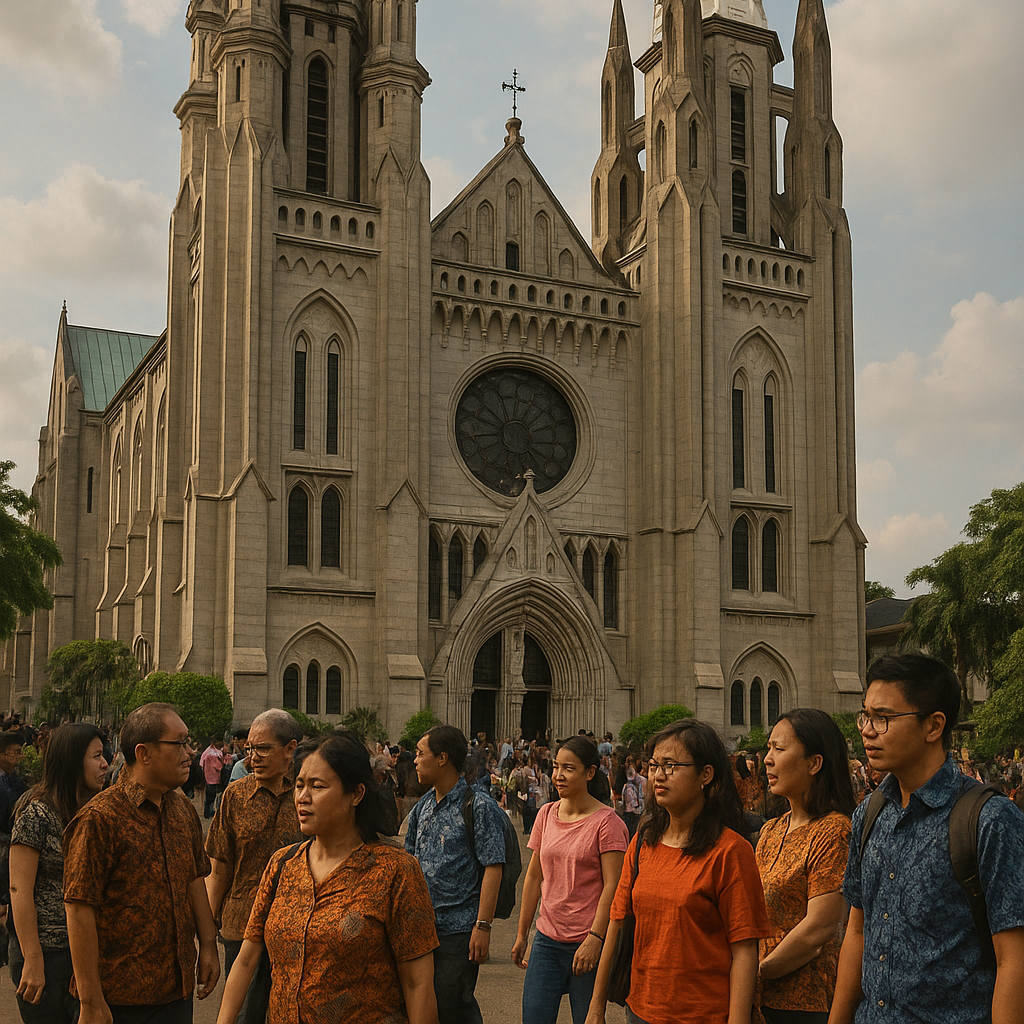Foundations of Church Leadership Based on Love and Indonesian Wisdom
theolingua.id – Leadership in the Church is a call to serve with love and sincerity. Jesus Christ taught that true leaders are not those who seek honour or power, but those who are willing to humble themselves and serve others with love. This love-based leadership emphasises the importance of empathy and sacrifice for the common good, as exemplified by Christ in His life.
This leadership principle is also in line with Indonesian values that emphasise gotong royong, local wisdom, and cultural values passed down from generation to generation. In the context of the Church in Indonesia, a good leader not only directs and guides the congregation spiritually, but also brings to life the values of togetherness and solidarity that have long characterised the Indonesian nation.
The Basis of Leadership in the Church
Jesus said in the Gospel of Matthew 20:26-28, ‘Whoever wants to be great among you, let him be your servant; and whoever wants to be first among you, let him be a servant to all.’ In this context, leadership is not about position or power, but about service and sacrifice for the sake of the people.
In Christian teaching, leadership reflects genuine love and humble service. A Church leader must prioritise the spiritual and physical well-being of the congregation, based on the teachings of Christ’s love.
Typical Indonesian Leadership in the Church
In Indonesia, the concept of leadership is heavily influenced by local wisdom. Some principles that can be applied in Church leadership include:
- Gotong Royong – The value of togetherness that characterises the Indonesian nation is very relevant in the Church. Church leaders need to encourage a spirit of co-operation among the congregation to build a strong and mutually supportive community.
- Musyawarah untuk Mufakat – In Indonesian culture, decision-making is often done through deliberation. This principle is also important in the Church, where leaders should be willing to hear the aspirations of the congregation and seek the best solution collectively.
- Exemplary and Values-Based Leadership – A good leader should set an example in attitude and action. The values of Pancasila, such as just and civilised humanity and unity, can be a strong foundation for leadership in the Church.
- Local Wisdom in Shepherding – In many parts of Indonesia, traditional leaders have a role as protectors and advisors of the community. This can be adapted in the Church, where leaders should be familiar with the local culture and guide the congregation with an approach that is in line with their cultural values.
Practising Love and Wisdom-Oriented Leadership
Church leaders should have a heart of love and wisdom. They should be sensitive to the needs of the congregation, willing to listen, and able to provide spiritual guidance that brings peace and faith growth. By adopting Indonesian leadership values, the Church can be more relevant in the lives of the people and become a means of social transformation that has a positive impact on society.
Just as Jesus taught leadership as service, Church leaders in Indonesia must also live the values of love, mutual cooperation, and deliberation, so as to bring the congregation closer to God in a spirit of togetherness and harmony.







